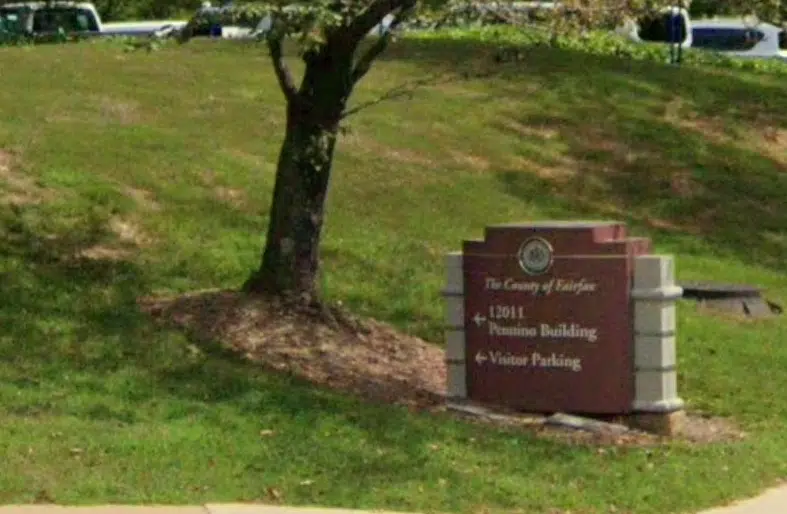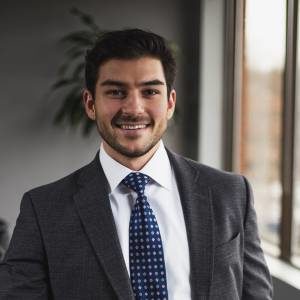
Fox 5 reported that an employee of the Fairfax County Department of Family Services has been arrested and charged with rape following a disturbing sexual assault incident that took place in June 2023. The accused, identified as Ernest Melo, a 35-year-old resident of Centreville, is now facing serious charges as police work diligently to bring justice to the victim.
According to investigators, the incident occurred on June 28, 2023 when Melo allegedly met the victim at a local restaurant. Subsequently, the two individuals returned to the victim's residence located in the Mount Vernon area. It was during this time that Melo is accused of sexually assaulting the victim. The victim bravely reported the assault to the police on Saturday, leading to a swift investigation into the matter.
After collecting evidence and testimonies, detectives obtained a warrant for Melo's arrest on charges of rape and two counts of sodomy. The arrest took place on Sunday morning when officers apprehended Melo without incident. Currently, he is being held without bond at the Fairfax County Adult Detention Center, awaiting further legal proceedings.
As the investigation unfolds, authorities have learned that Melo worked as a Human Services Assistant for the Fairfax County Department of Family Services. This revelation adds an additional layer of concern and raises questions about the potential implications of Melo's position within the community and his interactions with vulnerable individuals.
The Fairfax County Department of Family Services has not yet issued a public statement regarding Melo's arrest. However, it is expected that they will cooperate fully with the ongoing investigation to ensure the safety and well-being of those they serve. The department will likely conduct an internal review to assess any potential lapses in the screening and monitoring processes for its employees.

In a compelling addition to our news coverage, we sat down with Kevin Biniazan, Esq., a renowned sexual assault attorney based in Virginia. With his expertise in handling cases involving abuse and the enabling of abuse within community organizations, such as a Department of Family Services, Biniazan offers valuable insights regarding the right for victims to sue for compensation.
Darla Medina (DM): Thank you for joining us today, Mr. Biniazan. As a seasoned sexual assault attorney, could you shed light on the possibilities for survivors seeking justice through civil cases against enablers within community organizations?
Kevin Biniazan (KB): Absolutely, Darla. It's a pleasure to be here. Survivors of abuse who have suffered at the hands of individuals within community organizations, such as the Department of Family Services, may have recourse through civil litigation. While criminal charges hold perpetrators accountable, civil cases allow survivors to seek justice from those who enabled the abuse or failed to prevent it.
DM: That's intriguing, Mr. Biniazan. Could you provide some insight into the legal avenues available to survivors in pursuing civil cases against these enablers?
KB: Certainly, Darla. Survivors can explore various legal theories depending on the circumstances. Negligence, for instance, may be applicable when an organization fails to exercise reasonable care in preventing abuse or ignores red flags. This could include conduction background checks on all employees. Vicarious liability might apply if the abuser was an employee or agent of the organization acting within the scope of their duties.
DM: Those are important considerations. How do civil cases against enablers within community organizations differ from criminal cases?
KB: In criminal cases, the state brings charges against the abuser, seeking punishment. Civil cases, on the other hand, empower survivors to seek compensation for their damages, such as medical expenses, therapy costs, and emotional distress. These cases focus on accountability, deterrence, and providing survivors with a sense of closure.
DM: That makes sense, Mr. Biniazan. Can you speak to the potential implications for community organizations when faced with civil cases?
KB: Certainly, Darla. Civil cases against community organizations reveal systemic failures and can result in reforms that better protect vulnerable individuals. They serve as a wake-up call, urging organizations to improve their policies, screening processes, and training protocols to prevent future incidents. Ultimately, this can lead to safer environments and increased accountability within these organizations.
DM: Thank you for that comprehensive explanation, Mr. Biniazan. Your insights are invaluable to our readers. Is there anything else you would like survivors to know about pursuing civil cases against enablers?
KB: It's essential for survivors to consult with experienced attorneys who specialize in sexual assault cases. These professionals can guide them through the legal process, provide personalized advice, and advocate for their rights. It's important for survivors to remember that they are not alone, and there is support available to help them navigate this challenging journey toward justice.
 info@legalherald.com
info@legalherald.com